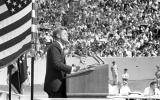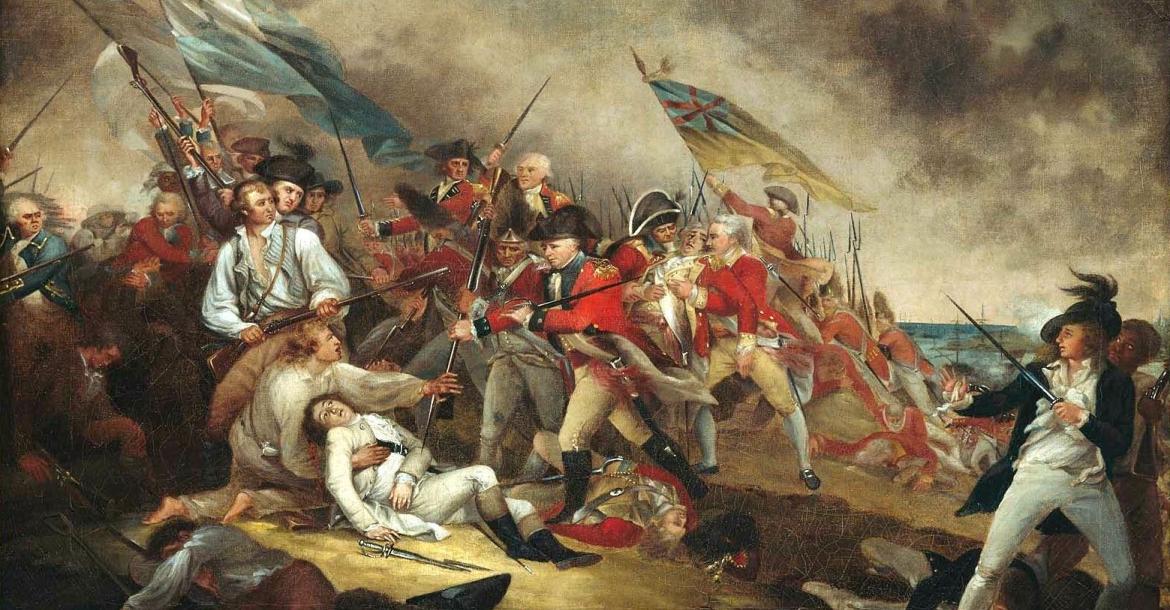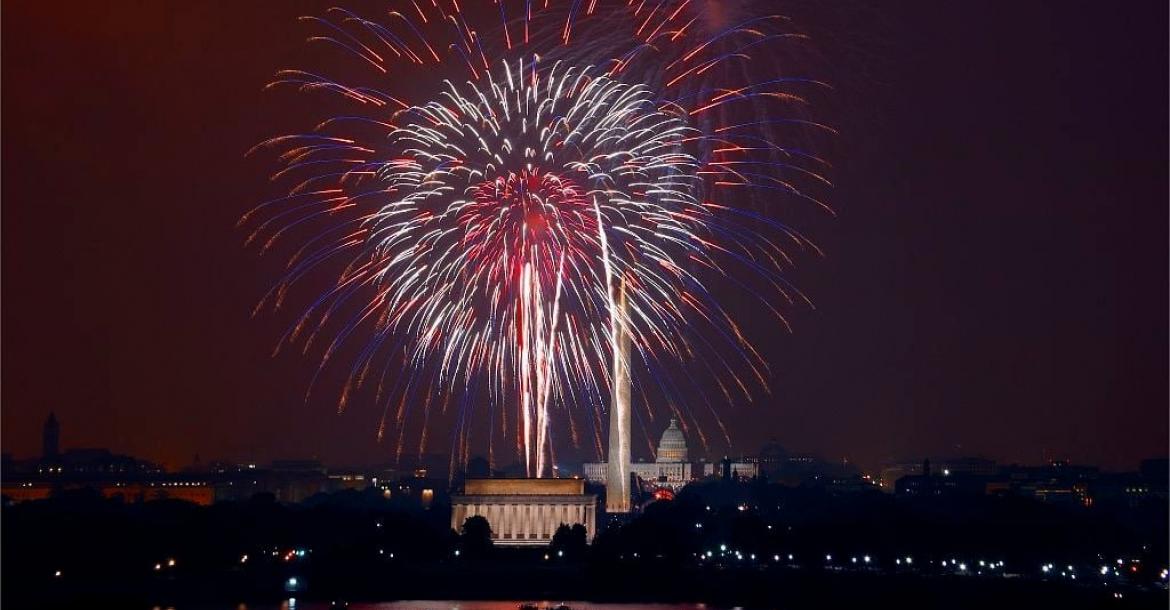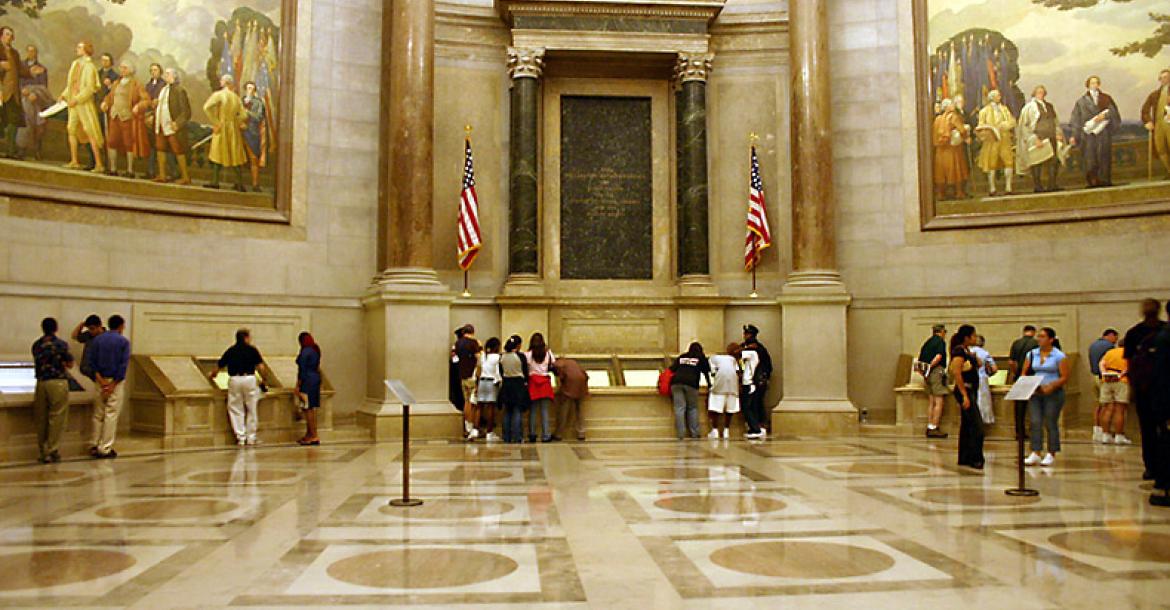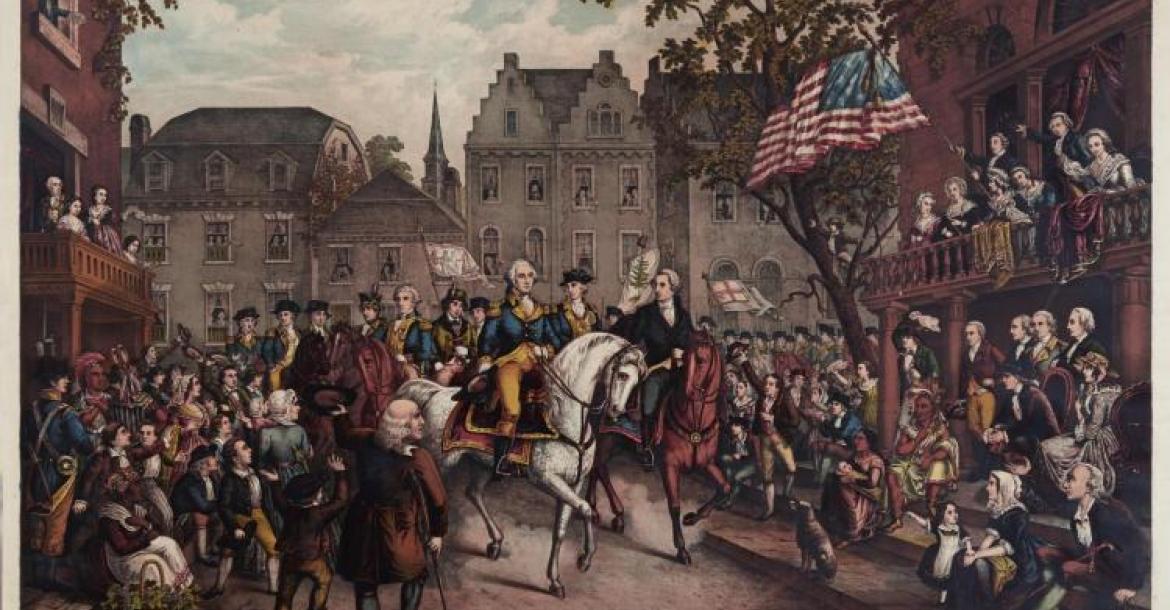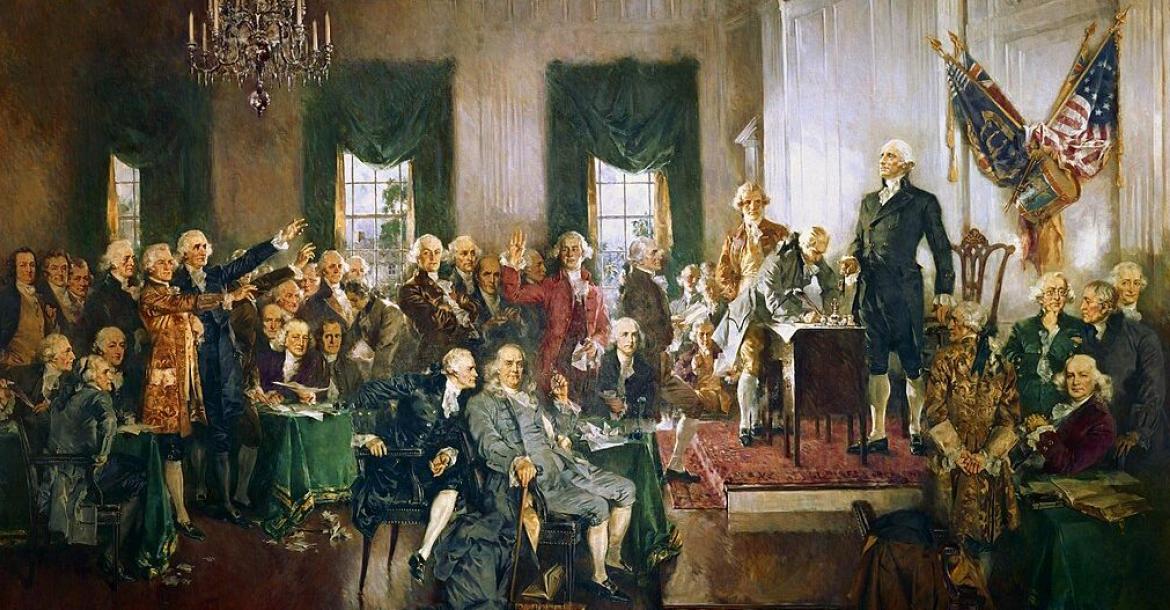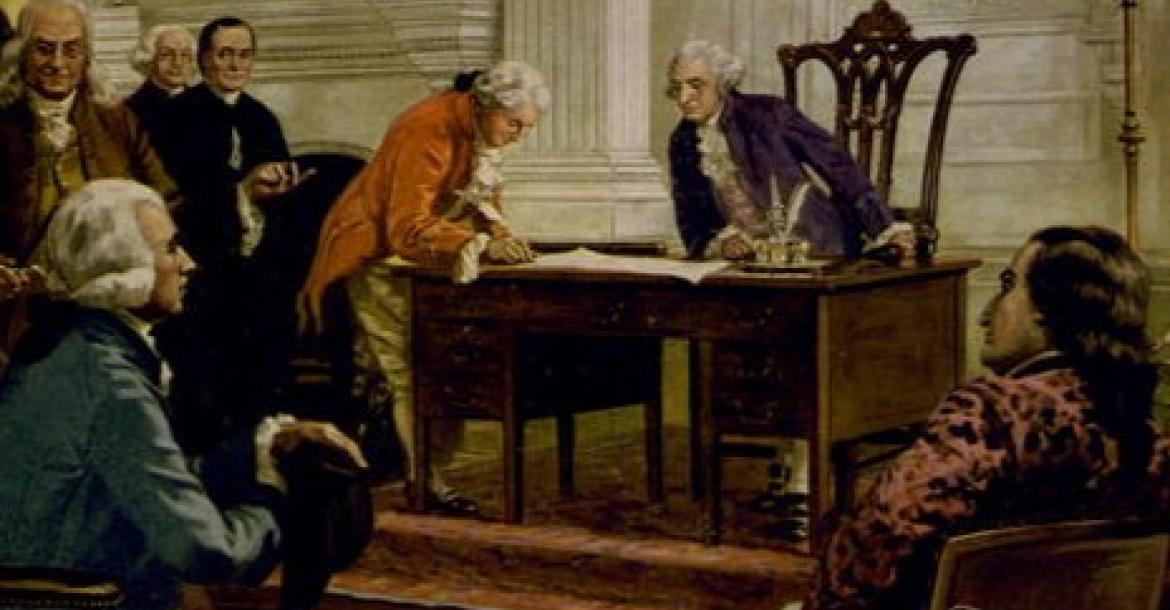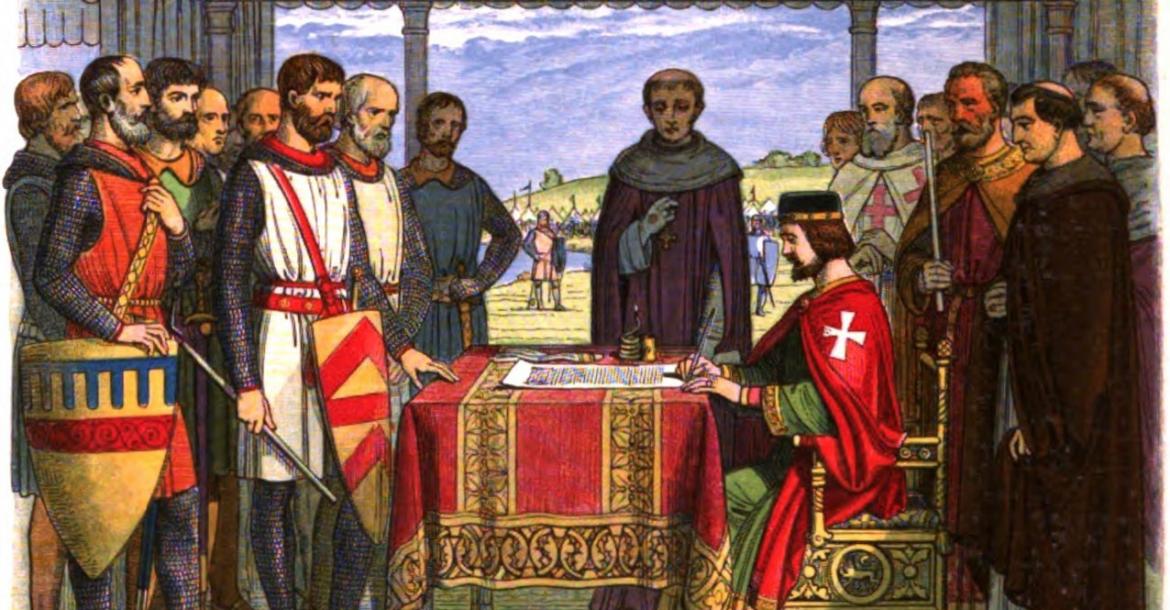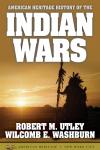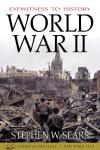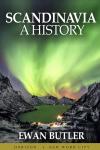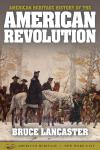Featured Essays
As we celebrate the 250th anniversary of American independence, our founding charter remains central to our national life, unifying us and paving the way for what we have long called “the American Dream.”
America’s extraordinary success is directly related to its unique form of government embodied in the Constitution.
America 250!
“Shall We Have a King?” | Fall 2025, Vol 70, No 4
By William E. LeuchtenburgSome delegates at the Constitutional Convention wanted a strong executive, while others feared the American president might become a king.
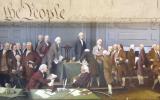
John Dickinson: Forgotten Founder | Fall 2025, Vol 70, No 4
By Jane E. CalvertDickinson played a pivotal role in our Nation’s founding, from the Stamp Act to ratifying the Constitution, but his contributions are largely forgotten by history.
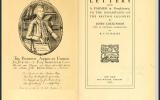
American Rebels at Sea | Summer 2022, Vol 67, No 3
By Eric Jay DolinAn estimated 1500 privateering ships played a crucial role in winning the American Revolution, but their contributions are often forgotten.
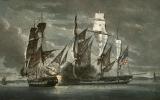
Boston's Freedom Trail | July/August 2020, Vol 65, No 4
By Brent GlassSixteen historic sites in Boston remind Americans of the events that led to our nation’s birth, from the Boston Massacre to Breed's Hill and the USS Constitution.
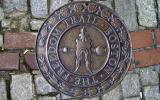
Samuel Adams Starts a Revolution | May 2023, Vol 68, No 3
By Stacy SchiffEnlisting an army of alter egos, Adams used the Boston press to make the case for American independence and to orchestrate a burgeoning rebellion.
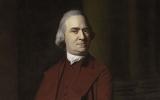
Classic Essays from the Archives
A Few Parchment Pages Two Hundred Years Later | May/June 1987, Summer 2025, Vol 70, No 3
By Richard B. MorrisThe framers of the Constitution were proud of what they had done but might be astonished that their words still carry so much weight. A distinguished scholar tells us how the great charter has survived and flourished.
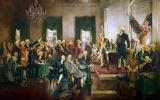
Herbert Hoover Describes the Ordeal of Woodrow Wilson | June 1958, Vol 9, No 4
By Herbert HooverThe great tragedy of the twenty-eighth President as witnessed by his loyal lieutenant, the thirty-first.
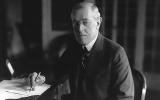
On History | February 1964, Vol 15, No 2
By John F. Kennedy"Americans are united by their history and by a faith in progress, justice, and freedom," writes President Kennedy
